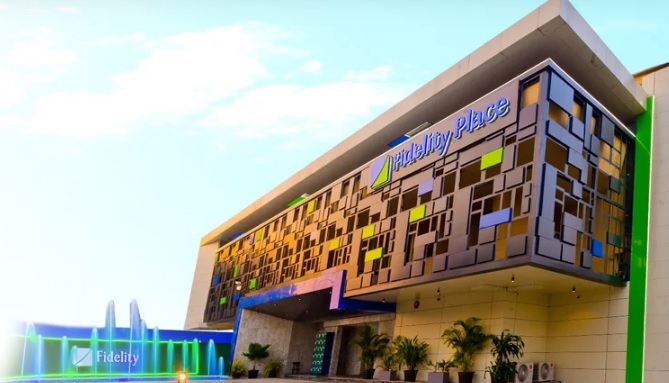By JKNewsMedia
RISING INVESTOR confidence and increased market participation have driven Fidelity Bank’s stock to a significant 20% rise on the Nigerian Stock Exchange.
By mid-September, the bank’s shares exceeded the N13 mark. This follows a major fundraising initiative that saw strong demand for both its Public Offer and Rights Issue.
Fidelity Bank launched a combined offer on June 20, 2024, to raise capital.
The offer included 10 billion ordinary shares at N9.75 for the public and 3.2 billion shares at N9.25 for existing shareholders. This effort successfully raised N127.1 billion.
The stock experienced a consolidation period between June and August, coinciding with the close of the offer, but regained momentum by mid-September with a more than 20% increase.
Since hitting a low of below N2 in August 2018, Fidelity Bank’s stock has seen remarkable growth, climbing over 680%.
The bank started 2024 trading at N10.85, with 900 million shares traded in January alone.
Although uncertainty around recapitalization among major Nigerian banks temporarily lowered its price to N9 per share in April, the stock quickly recovered.
After the combined offer closed in August, Fidelity Bank’s share price rose again, fueled by strong market activity.
The combined offer marked the first recapitalization effort among Nigerian banks during this phase, with significant demand leading to the sale of 8.2 billion shares—5 billion through the Public Offer and 3.2 billion via the Rights Issue.
Trading volumes spiked, with over 2 billion shares traded in June and 3 billion in July.
As the offer wrapped up, trading remained strong. By mid-September, weekly trading volumes hit 27 million shares, pushing Fidelity Bank’s stock past N13.
This sustained the stock’s upward momentum, signaling continued confidence in the bank’s future growth.
The Managing Director of Fidelity Bank, Dr. Nneka Onyeali-Ikpe, OON, acknowledged the successful capital raise in a message to investors.
She thanked customers, investors, and regulators for their support during the fundraising phase, crediting the Central Bank of Nigeria (CBN), Securities and Exchange Commission (SEC), and the Nigerian Exchange Limited (NGX) for enabling a smooth process.





